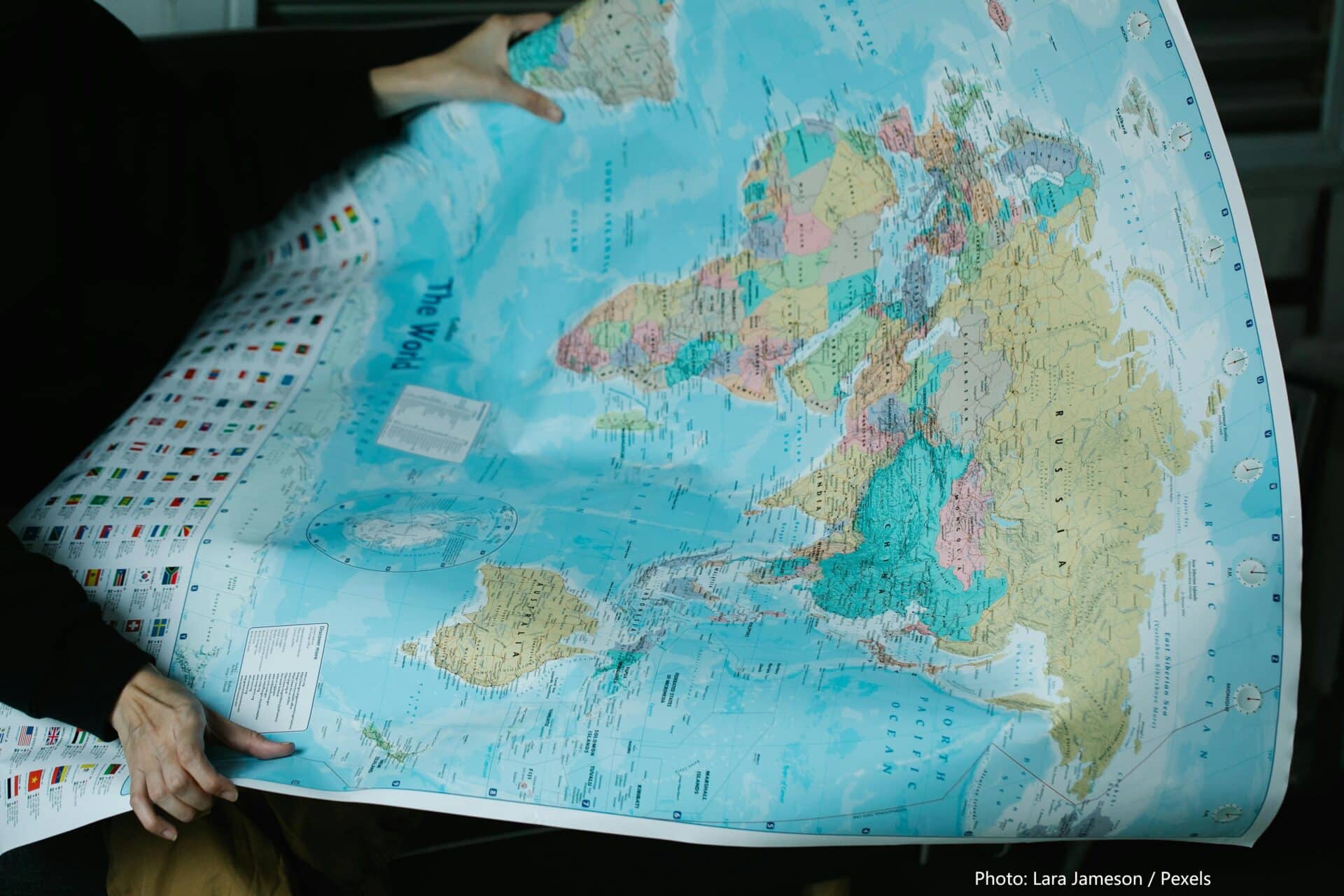New Zealand must get serious about learning Chinese
This week almost 300,000 secondary school students will return to the classroom. Of those, around two percent will learn Chinese during the year. Four times more will study French. There’s value in learning any language, but at the national level are we getting the balance right?
Our economic relationships are shifting to Asia; most importantly to China which now takes almost 20 percent of our exports. At the same time, the number of New Zealanders learning Asian languages is dropping, by around a third over the past five years according to the Asia New Zealand Foundation.
But is it really a necessity for us to learn Chinese? Can we not just go on selling things to China without the hard graft of learning Mandarin?
The answer is no, not if we want to extract the full value from our expanding relationship with China. Growth in our relationship with China is increasingly being driven by services. Tourism is surging, with annual expenditure from Chinese visitors hitting $1.8b last year. Services rely on interpersonal communication, and without more Chinese speakers we will not maximise these opportunities.
Furthermore, China is much more than a market. It wants to cooperate with us in areas from science to the arts and education. It wants to engage with us well beyond merchandise trade, and for this to happen we urgently need to increase our pool of Chinese speakers.
We also need more investment from government. The major barrier we face is a shortage of trained teachers. Right now, funding is coming largely from the China, which will invest roughly $5 million in the teaching of Chinese in New Zealand schools this year.
This includes sending 144 Mandarin Language Assistants to work in classrooms across New Zealand. Another group of these assistants arrives next week. For students in the regions, this is a valuable opportunity to build the China literacy that will open doors to so many jobs over the next few decades.
In Australia, the Turnbull government is committing millions for language programmes in preschools and childcare centres, with Chinese the most popular. In New Zealand we have no formal languages policy, funding for the modest projects in place to promote Asian languages is not guaranteed and schools find it hard to fit languages into a busy curriculum.
Heading back to school is the best time for students, parents and whanau to think about the skills we will need in the shifting global economy, and the skills that will provide us with rewarding, meaningful and interesting career pathways.
China is an exciting, fascinating country that wants to connect with us through language as much as it does through trade, tourism or education. The choices our students make will today determine how we reap the benefits of this relationship in the future.











 MENU
MENU
